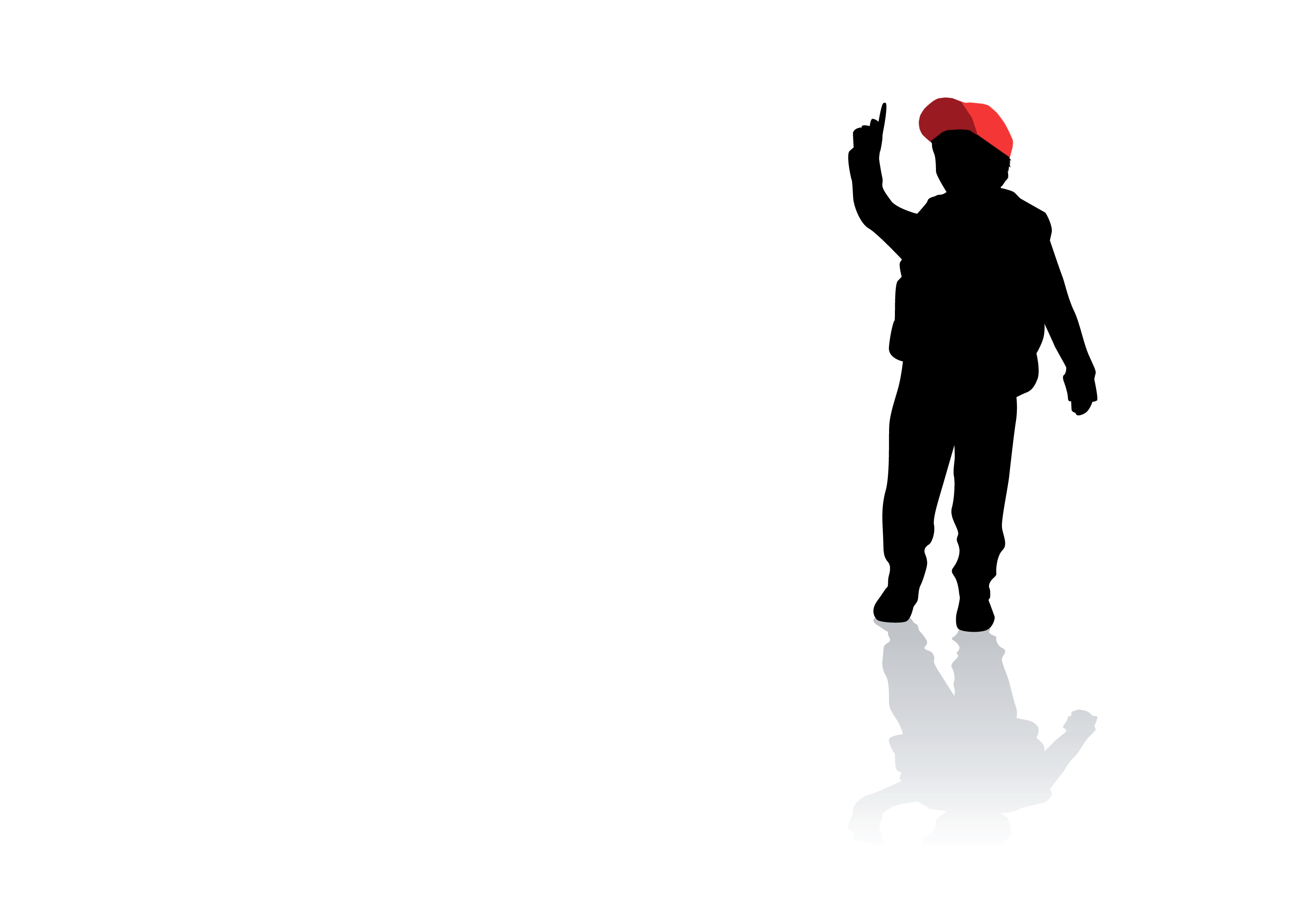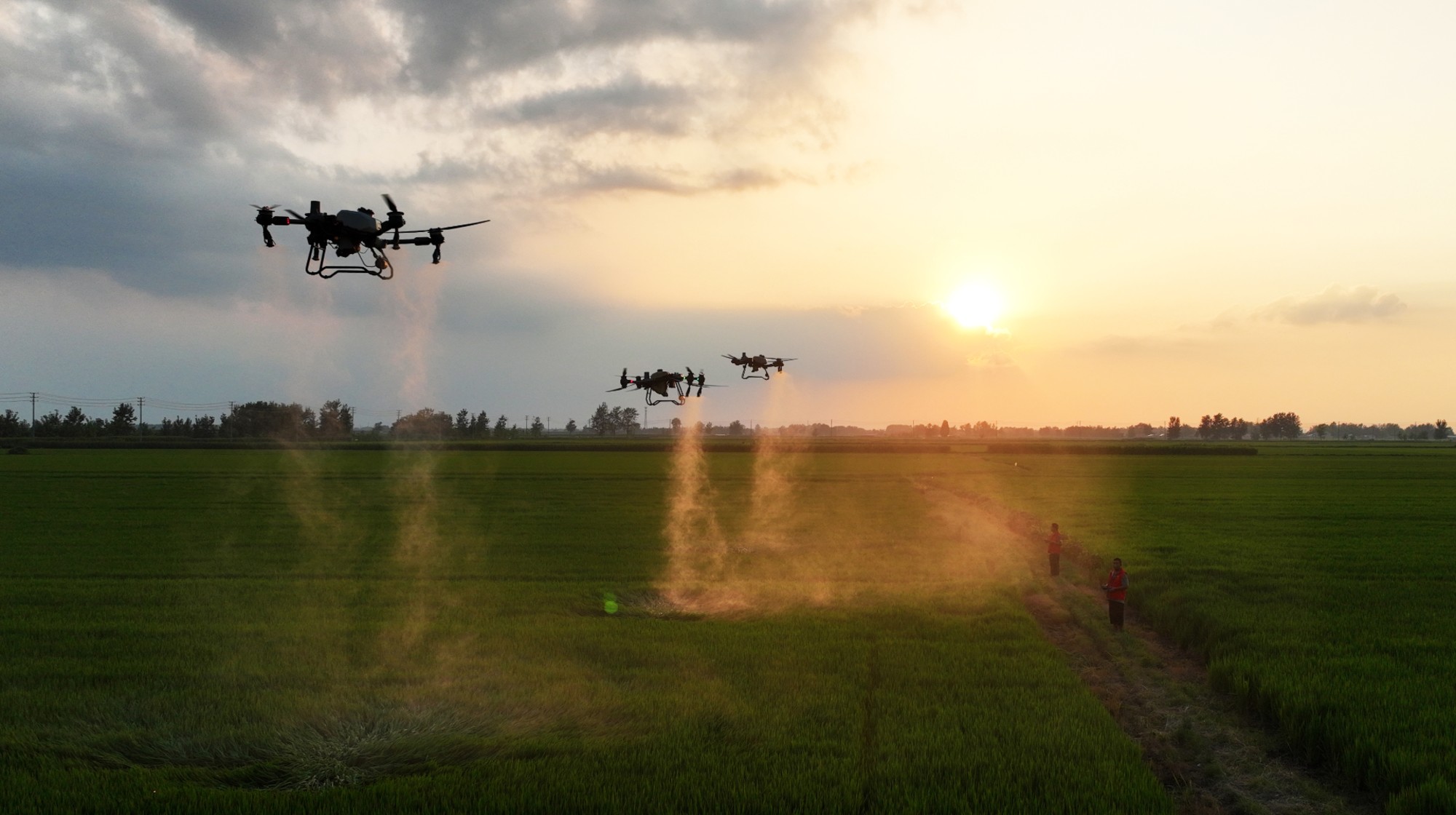I just found an essay I wrote when I was 10. It sounds exactly like President Trump.
What does it mean that the president of the United States sounds an awful lot like a little boy from 1980?


"As for campaigning, people don't want promises. They want action." — Noah Millman, age 10
This past Sunday, on a visit for brunch, my mother brought me a time machine in the form of an old valise. Inside was a treasure trove of documents from my childhood: photos, drawings, report cards, clippings, programs from the local drama club's productions. And, unsurprisingly for a budding writer, a wide array of written material.
I was particularly struck by one piece, written in November 1980 as part of a school assignment, describing my program should I be elected president of the United States. It began with the line quoted above.
The Week
Escape your echo chamber. Get the facts behind the news, plus analysis from multiple perspectives.

Sign up for The Week's Free Newsletters
From our morning news briefing to a weekly Good News Newsletter, get the best of The Week delivered directly to your inbox.
From our morning news briefing to a weekly Good News Newsletter, get the best of The Week delivered directly to your inbox.
I don't recall the details of the assignment, but I can imagine what prompted it. The 1980 election loomed large in all of our consciousnesses, including us kids. After all, we'd sat on the gas lines with our parents. We'd watched the drama of the Iranian hostage crisis play out on the television every night. And we all still remembered the 1977 blackout. We knew the country had serious problems. As I detailed them in my essay:
The basic problems today are: inflation, crime, energy, transit in the cities, the hostages, war, etc.
The list is different from one we'd make today — though we're still worried about falling behind economically, about the poor job we're doing preventing the country's infrastructure from crumbling, and we're still panicked about a hostile regime in Iran.
But what I was struck by most was the . . . familiarity of some of the language I used when I talked about how to tackle these problems. You might almost call it my blueprint for making American great again.
Take it away, 10-year-old me:
A free daily email with the biggest news stories of the day – and the best features from TheWeek.com
One way to fight inflation is to bit by bit fend for ourselves, rather than being constantly dependent on other countries who are now raising prices to profit. A good example is OPEC. They are now just realizing that they can control the oil.
OPEC is no longer our bugaboo, but Trump's emphasis has also been on how we're losing control of our destiny to foreign interference. They control something that we depend on. If we're going to solve our problems, we've got to take back control.
We've also got to take care of those bad hombres:
Crime I feel can be suppressed by holding stricter punishment for it and banning favoritism by surveillance. Many of our unemployed would gladly train and fully obey if made into more police, firemen, etc.
Again, what's most interesting to me is the Trumpiness of the language: the emphasis on control, and the smooth blending of a tough-on-crime message with talk of directly employing the unemployed that harkens back to the New Deal.
And guess who had already discovered fake news?
One big, big fake is the energy crisis. There is none! There is no oil shortage! But there are outrageous oil prices and countries such as ourselves in need of it.
How should we respond to this fake shortage?
But we don't have to stand for it. We have the largest coal reserve in the world which can be converted into oil.
From the fulsome praise of coal to the gratuitous use of exclamation points, I was fully prepared for a career as a Trump speech writer.
Like the president, I knew how to throw a bone to traditional Republican advocates of federalism, small government, and local control:
Transit I feel should be taken care of by the cities.
But I quickly returned to themes that were closer to my pugnacious heart:
As for the hostages, we weren't aggressive enough in the beginning, and now it's a crisis. Right now we must make sure they don't fall into the hands of the Russians. . . .I think World War III is just around the corner. The Russians are planning planet conquest and their key is the oil. We must be aggressive from the start. It'll be a long costly war, but there is no escape from it.
While Russia clearly played a different role in my geopolitical imaginings in 1980 than it does for Trump today (or, to be fair, than it did back in the 1980s), the parallels are still alarming. Like Trump, I believed that if you aren't aggressive from the get-go, you'll get rolled. Like Stephen Bannon, I believed that a war for global domination was imminent, if not already upon us. Like Michael Flynn, I was convinced that events in disparate parts of the globe were surely connected, even if no evidence supported my convictions.
Even my warm peroration is framed in terms of self-reliance and the need for strength:
Once our problems are solved, we must escape new ones. We must strengthen economically and defensively. We must rise above other nations, but never to conquer. We must achieve friends, not enemies. Peace, not war.
So what does it mean that the president of the United States sounds an awful lot like a 10-year-old boy from 1980?
The obvious joke to make is that Trump has the maturity and depth of knowledge of a 10-year-old boy. But this is perhaps unfair to 10-year-old boys. Even if we looked like we needed a good dose of Ritalin (which was first licensed in 1955, though it didn't become popular until the 1990s), our minds were always working. If we were still able to observe the world as we saw it, and not merely reflect back what our teachers expected to hear, that's good. And heck, I'm kind of impressed that in fourth grade I knew America had the world's largest coal reserve.
Or perhaps it means that Trump's own impression of America was fixed in the 1980s? There's probably an element of truth to this, which may partly account for his peculiar policy mix, which includes warnings about '80s-era problems that have largely receded — urban crime in particular is at historic lows, notwithstanding dramatic spikes in a few cities like Chicago — along with problems, like the dislocations associated with de-industrialization and mass immigration, that first reared their heads in the 1980s and have only accelerated since then.
But what it really says, I think, is that the kind of rhetoric that Trump indulges in operates on an emotional level that a 10-year-old — and a 10-year-old boy in particular — would understand.
When I listen to my 10-year-old self, I hear a boy trying to act like a man: tough, uncompromising, and confident. Problems are huge — but the solutions are right there if we're strong and determined enough to pursue them. As the father of a boy, Trump's braggadocious posturing sounds very familiar — and it delighted my son during the campaign, who recognized a kindred spirit, and seemed to draw comfort from his presence on the national stage, as if it signified: I belong here, too.
He was less comforted when Trump won, however. He knows the difference between someone playing at adulthood and an actual adult.
And, at age 10, I did, too. My essay ended thus:
I feel that nowadays we have a lot of problems. I think that no one nowadays can get us out. I hope soon, someone will come along and get us out. Right now, I am just glad I don't have to. It's a tough job, and I don't want to have it.
When the rhetoric fades, there's the reality of governance. There I fear my 10-year-old self had far more self-awareness than our current commander-in-chief.
Noah Millman is a screenwriter and filmmaker, a political columnist and a critic. From 2012 through 2017 he was a senior editor and featured blogger at The American Conservative. His work has also appeared in The New York Times Book Review, Politico, USA Today, The New Republic, The Weekly Standard, Foreign Policy, Modern Age, First Things, and the Jewish Review of Books, among other publications. Noah lives in Brooklyn with his wife and son.
-
 Homes by renowned architects
Homes by renowned architectsFeature Featuring a Leonard Willeke Tudor Revival in Detroit and modern John Storyk design in Woodstock
-
 Looming drone ban has farmers and farm-state Republicans anxious
Looming drone ban has farmers and farm-state Republicans anxiousIN THE SPOTLIGHT As congressional China-hawks work to limit commercial drone sales from Beijing, a growing number of conservative lawmakers are sounding an agricultural alarm
-
 Mind-expanding podcasts you may have missed this fall
Mind-expanding podcasts you may have missed this fallThe Week Recommends True crime, a book club and a therapeutic outlet led this season’s best podcasts
-
 Has Zohran Mamdani shown the Democrats how to win again?
Has Zohran Mamdani shown the Democrats how to win again?Today’s Big Question New York City mayoral election touted as victory for left-wing populists but moderate centrist wins elsewhere present more complex path for Democratic Party
-
 Millions turn out for anti-Trump ‘No Kings’ rallies
Millions turn out for anti-Trump ‘No Kings’ ralliesSpeed Read An estimated 7 million people participated, 2 million more than at the first ‘No Kings’ protest in June
-
 Ghislaine Maxwell: angling for a Trump pardon
Ghislaine Maxwell: angling for a Trump pardonTalking Point Convicted sex trafficker's testimony could shed new light on president's links to Jeffrey Epstein
-
 The last words and final moments of 40 presidents
The last words and final moments of 40 presidentsThe Explainer Some are eloquent quotes worthy of the holders of the highest office in the nation, and others... aren't
-
 The JFK files: the truth at last?
The JFK files: the truth at last?In The Spotlight More than 64,000 previously classified documents relating the 1963 assassination of John F. Kennedy have been released by the Trump administration
-
 'Seriously, not literally': how should the world take Donald Trump?
'Seriously, not literally': how should the world take Donald Trump?Today's big question White House rhetoric and reality look likely to become increasingly blurred
-
 Will Trump's 'madman' strategy pay off?
Will Trump's 'madman' strategy pay off?Today's Big Question Incoming US president likes to seem unpredictable but, this time round, world leaders could be wise to his playbook
-
 Democrats vs. Republicans: who are US billionaires backing?
Democrats vs. Republicans: who are US billionaires backing?The Explainer Younger tech titans join 'boys' club throwing money and support' behind President Trump, while older plutocrats quietly rebuke new administration
